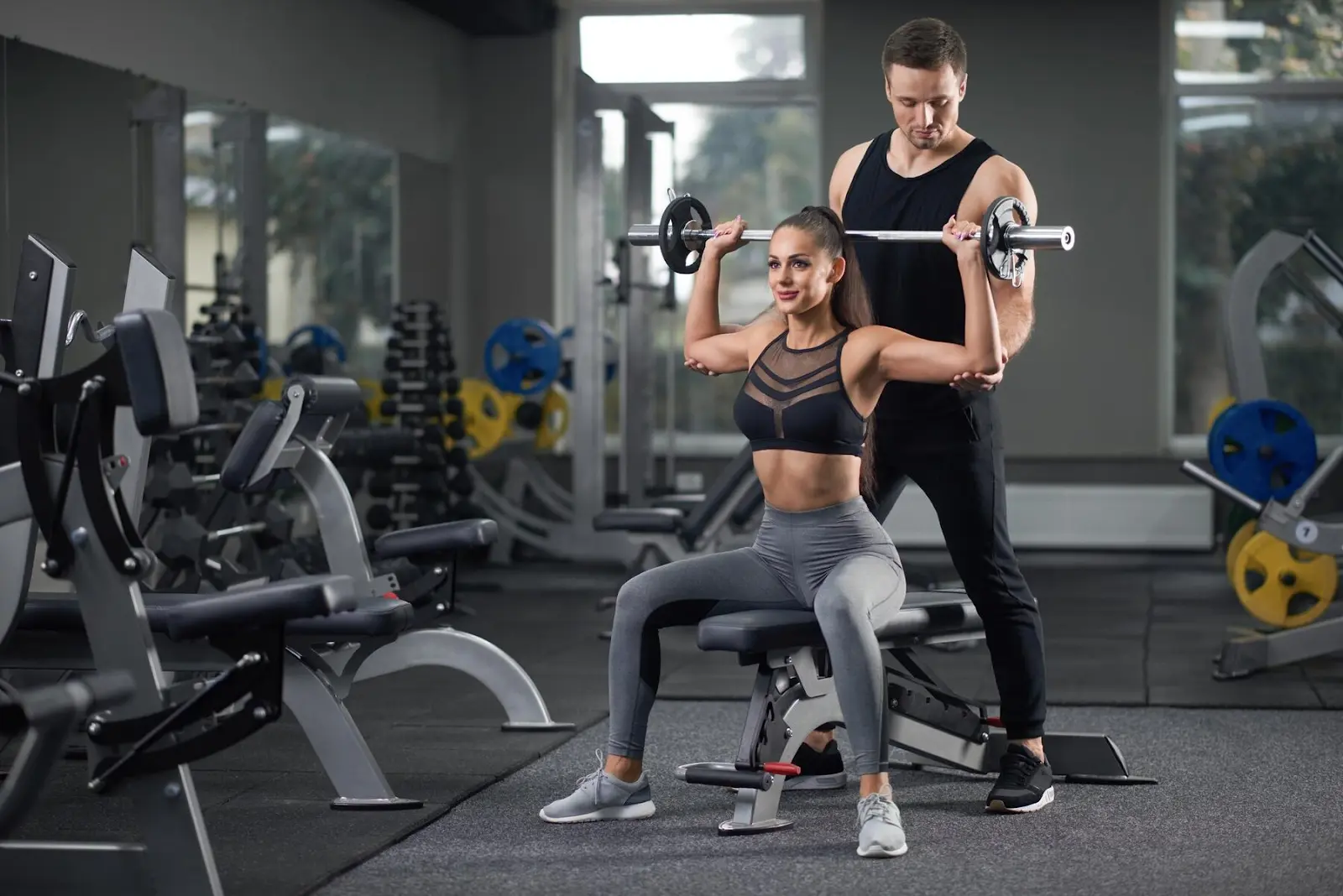Embarking on a fitness journey can be an empowering and transformative experience, but navigating the vast landscape of workout routines and techniques can be daunting, especially for beginners. This is where a personal trainer can be invaluable, providing guidance, accountability, and expertise to help you reach your fitness goals effectively and safely. However, not all personal trainers are created equal, and finding the right one requires careful consideration. In this guide, we’ll explore what to look for in a personal trainer and common mistakes to avoid to ensure a positive and successful training experience.
- Qualifications and Certifications:
When searching for a personal trainer, it’s essential to prioritize qualifications and certifications. Look for trainers who hold certifications from reputable organizations such as the American Council on Exercise (ACE), the National Academy of Sports Medicine (NASM), or the National Strength and Conditioning Association (NSCA). These certifications demonstrate that the trainer has undergone rigorous training and possesses the knowledge and skills to design safe and effective workout programs.
- Experience and Expertise:
Experience matters when it comes to personal training. Look for trainers who have a proven track record of working with clients with similar goals, fitness levels, and medical histories as yours. Ask about their areas of expertise and any specialized training they may have, such as weight loss, strength training, sports performance, or injury rehabilitation. A knowledgeable and experienced trainer will be better equipped to tailor workouts to your specific needs and help you achieve optimal results.
- Communication and Compatibility:
Effective communication is key to a successful trainer-client relationship. Look for trainers who listen attentively to your goals, concerns, and preferences and communicate clearly and effectively. It’s essential to feel comfortable and supported by your trainer, so take the time to assess their communication style and personality to ensure compatibility. A good trainer will motivate, inspire, and empower you to reach your full potential while respecting your boundaries and preferences.
- Personalized Approach:
Avoid trainers who take a one-size-fits-all approach to fitness. Your trainer should take the time to assess your current fitness level, health history, goals, and preferences to design a personalized workout program tailored to your unique needs and circumstances. A personalized approach ensures that your workouts are safe, effective, and enjoyable, maximizing your chances of success and adherence to the program.
- Professionalism and Accountability:
Choose a trainer who demonstrates professionalism, punctuality, and reliability. Your trainer should show up on time, prepared, and ready to give you their full attention during sessions. Additionally, look for trainers who provide regular feedback, track your progress, and hold you accountable to your goals. Accountability is a crucial factor in achieving long-term success, so choose a trainer who is committed to your growth and development.
- Avoid Red Flags:
Be wary of trainers who make unrealistic promises or guarantees, such as rapid weight loss or extreme transformations in a short period. Avoid trainers who prioritize sales tactics over your well-being or pressure you into purchasing unnecessary supplements or products. Trust your instincts and steer clear of trainers who exhibit unprofessional behavior, lack of empathy, or disregard for safety protocols.
Choosing the right personal trainer is a significant decision that can greatly impact your fitness journey. By prioritizing qualifications, experience, communication, personalization, professionalism, and accountability, you can find a trainer who aligns with your goals and values and supports you on your path to success. Avoid common pitfalls and red flags, and trust your intuition to ensure a positive and rewarding training experience that empowers you to reach your full potential.












































